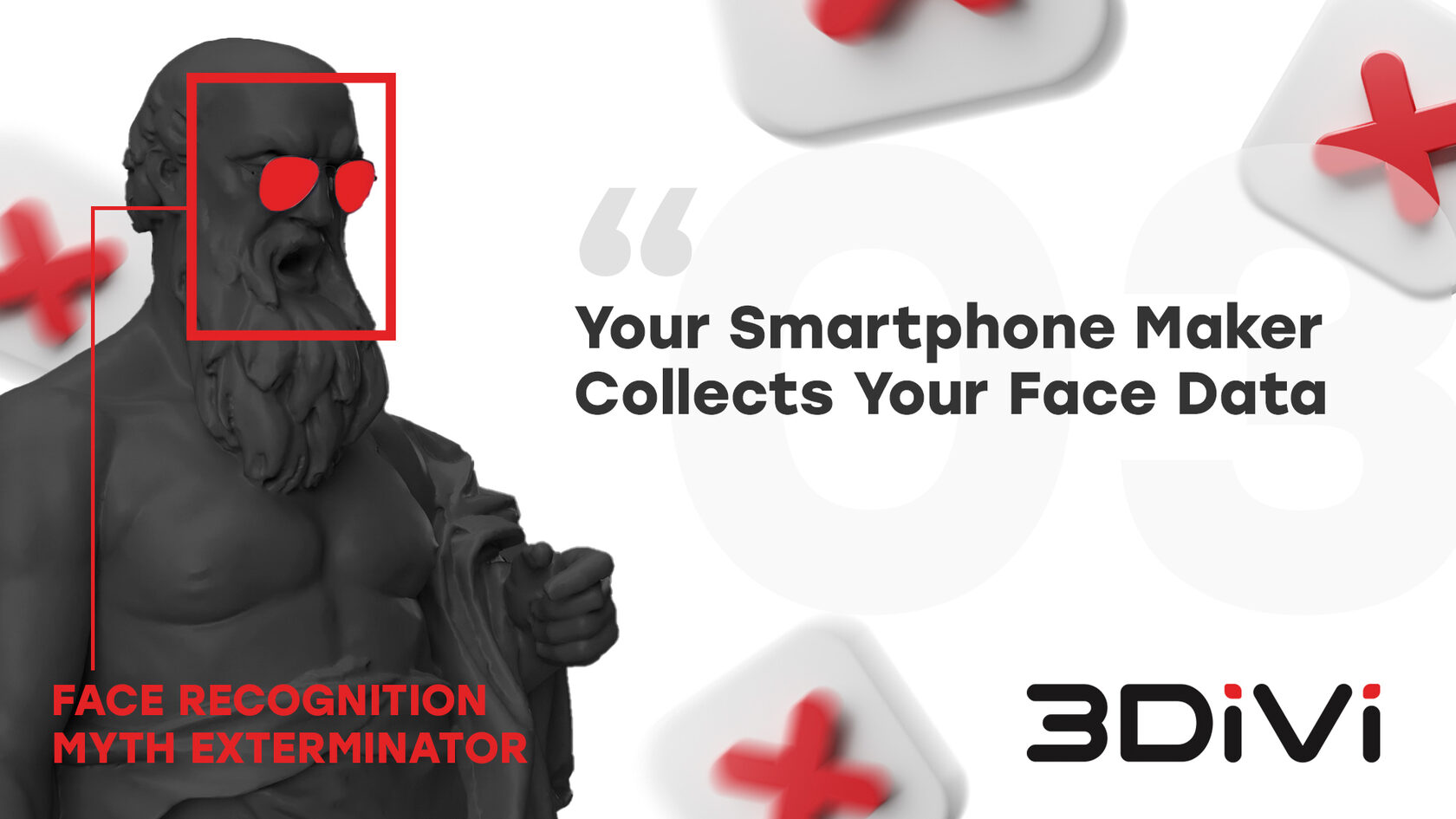Yes, smartphones have become an integral part of our lives, carrying a wealth of personal information. Consequently, concerns about data privacy and the potential misuse of facial data have arisen. In this article, we will debunk the misconceptions surrounding smartphone makers' collection of facial data and explain how this technology is implemented.
To substantiate the claim that smartphone makers do not collect facial data, let's explore some facts and industry practices:
Fact #1: Facial Data is Stored Locally
Smartphone manufacturers typically implement facial recognition using local storage of facial data. This means that the data is stored directly on the user's device and not transmitted to the smartphone maker's servers or databases. This practice ensures that the user retains control over their facial data and minimizes the risk of unauthorized access.
Fact #2: Privacy Policies Explicitly State How Facial Data is Collected
Reputable smartphone manufacturers have stringent privacy policies in place to protect user data, including facial recognition data. These policies explicitly state how facial data is collected, used, and stored, ensuring transparency and user consent. Manufacturers are legally bound to adhere to these policies, and any violation can result in severe consequences.
Fact #3: No Identifiable Images But Mathematical Patterns
As part of their commitment to user privacy, smartphone makers use advanced techniques to convert facial images into mathematical patterns. This process, often referred to as hashing or encryption, makes it impossible to reconstruct the original facial image from the stored data. Consequently, even if a security breach were to occur, the facial data would remain non-identifiable.
Fact #4: Facial Recognition is an Opt-in Feature
Facial recognition is typically an opt-in feature on smartphones, meaning users actively choose to set it up and use it. Smartphone makers prioritize user consent, and individuals have the freedom to opt-out or disable facial recognition at any time. This level of control empowers users to manage their data privacy preferences effectively.
Fact #5: Manufacturers Undergo External Audits
Some smartphone manufacturers subject their facial recognition technology to external security audits and assessments. Independent security experts review the implementation of facial recognition and data handling practices to ensure compliance with privacy standards and industry best practices.
Fact #6: Transparency and User Rights are more Valuable
In recent years, there has been a growing emphasis on data transparency and user rights. Smartphone makers have responded to this trend by providing users with tools to view and manage their data more effectively. Some devices even offer a "Data Dashboard" or similar features that allow users to monitor the data being used by various applications, including facial recognition.
Fact #7: Smartphone Makers Have to Follow Regulations and Compliance
Data privacy regulations, such as the European Union's General Data Protection Regulation (GDPR) and California Consumer Privacy Act (CCPA), impose strict requirements on how companies handle user data. Smartphone manufacturers, being global entities, must comply with these regulations, further incentivizing them to maintain secure and privacy-centric practices.
In light of the facts presented, it becomes evident that reputable smartphone manufacturers prioritize user privacy and data security when it comes to facial recognition technology. Local storage, non-identifiable mathematical patterns, transparent practices, and adherence to data privacy regulations all contribute to the assurance that smartphone makers do not collect facial data in a manner that compromises user privacy. As consumers, we can rest assured that these technologies are designed to enhance security and convenience without sacrificing our personal data.
























